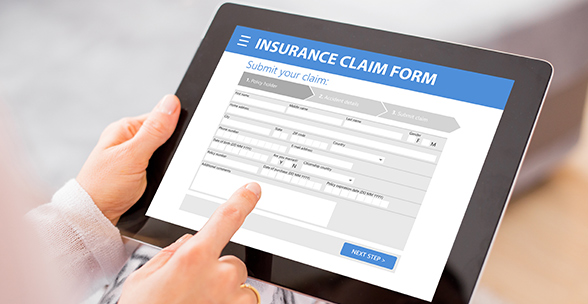How to Choose a MIPS-Savvy Medical Billing Service
Nine out of 10 small, independent practices are unprepared financially and technologically for the challenges of implementing value-driven care, according to recent data from Black Book Market Research. Outsourcing the practice's billing function can help offset some of these challenges, but only when choosing their vendor wisely.
“There are many companies that can perform your billing and coding, but how much beyond that do they provide? What’s the benefit for your practice?” says Ronni Knight, CCS, CPC, CRC, AHIMA-approved ICD-10-CM/PCS trainer and director of clinical coding and risk adjustment services at RCM Health Information Management. For example, is the vendor able to help physicians improve their scores under the Merit-based Incentive Payment System (MIPS)? Can the vendor help avoid future MIPS penalties? Long-term financial viability requires a strategic approach to billing and coding—and that requires a thorough vetting process when evaluating managed billing companies. Not every coding vendor offers the same breadth of services, and physicians need to know what they’re getting, she adds.
Take Your Coding to the Next Level
In an era of value-based payment reform, physicians will ideally contract with an outsourced billing company that’s willing to go beyond simply reviewing a chart and assigning a code, says Knight. Vendors must be fluent in all quality payment programs and able to help physicians make the most of their EMRs to navigate unprecedented changes. It’s about helping practices improve their coding and billing—not just maintain the status quo, she adds.
The good news is that the physician practice market continues to see an increased demand for outsourced billing, putting the pressure on vendors to up their game and provide more value than ever before.
Revenue cycle management outsourcing is expected to grow by 42% between the fourth quarter of 2016 and the first quarter of 2019, according to Black Book.
Find a MIPS-Savvy Medical Billing Partner
What should physicians look for when hiring an outsourced billing vendor? Knight says practices should ask these five questions.
1. With how many other practices does the billing company work with?
It's helpful to put this question in the context of MIPS. What are the specialties and sizes of these practices? How many of these practices participate in MIPS, and what reporting mechanisms do they use?
2. How does the vendor support practices in their MIPS participation?
For example, some companies utilize software that analyzes claims data and reviews current documentation to help practices identify the most appropriate MIPS measures for their specialty and patient population. In many cases, physicians may already perform the work necessary to support a MIPS measure but end up missing out on additional revenue because they don’t document certain details or check certain boxes in the EMR, says Knight. A MIPS-savvy billing partner has the tools to bring these missed opportunities to light and set physicians on the right track by providing ongoing education and feedback.
3. Does the billing company have experience with EHRs?
Physicians achieve greater success under MIPS when the billing partner possesses an in-depth knowledge of the practice’s EHR and can help them activate various features to enhance quality data reporting, says Knight. This includes education regarding how to run reports, turn on preventive care reminders, and use documentation prompts, for example. “A lot of times, the provider doesn’t know how to use the EHR properly,” says Knight. “Sometimes, it’s just a matter of showing them how to use it.”
In addition, some vendors can create documentation templates that help physicians capture relevant details for a variety of quality payment programs. “It’s not just about one program,” says Knight. “It’s about tying it all together. Good documentation supports all of these programs.”
4. How does the billing company stay up-to-date with MIPS and other quality payment programs?
How well-versed is the company on regulations and incentive programs? Practices need a billing partner that is dedicated to educating its own staff and evolving commensurate with quality-based payment reform, says Knight.
5. Will the billing company provide a coding ‘test run’?
This is an opportunity to assess exactly what the practice will receive for the price, says Knight. “Does the company bring something new to the table?” she says. “Make sure the vendor fulfills your expectations.”
Want to Keep Billing In-house With Support from a Billing Partner?
Even if the practice decides to retain its billing and coding in-house, they must ensure that any staff they employ can identify opportunities for documentation improvement and data capture, says Knight. Outsourced billing vendors may be able to provide this education and help practices establish an internal auditing program, she adds.
To talk to Kareo about your outsourced billing options and software solutions for MIPS success:





















